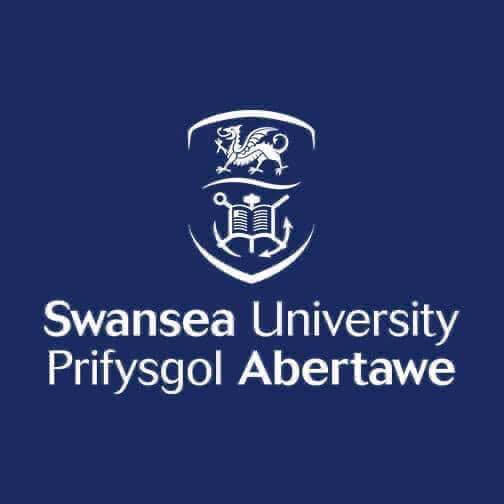fees waived
Theoretical Physics, MPhys (Hons), with industry placement
Swansea University, United Kingdom
Ranking in UK
Physics
Physics and Astronomy
Physics and Astronomy
Costs
food & rent S$17.1K / year
Entry requirements
Scholarships
Limited quantity
Limited quantity
Limited quantity
Information
Code
Code
Intakes
Website (External)
Programmes
Information
Duration
2030
Physics is a captivating field that explores fundamental questions about the universe, from subatomic particles to cosmic expanses. The MPhys degree at Swansea University prepares students for careers in academia, research organisations, and industries such as aerospace, energy, and telecommunications. Graduates also enter diverse sectors like IT, finance, and environmental services. Our program integrates cutting-edge research, including anti-matter trapping, and offers modules in areas like quantum mechanics, astrophysics, and climate physics. Based on a stunning seafront campus, students benefit from advanced facilities, including spectroscopy systems and computer clusters, with all degrees accredited by the Institute of Physics.The five-year course includes a paid industrial placement in the fourth year to enhance employability. Modules progress from foundational topics in dynamics and waves to advanced subjects like quantum field theory and nanotechnology. Assessment involves lectures, lab work, problem-solving, online tests, and final-year projects, with opportunities for research at CERN and strong alumni connections, such as Professor Lyn Evans.
In Year 1 your modules may include Dynamics, Oscillations and Waves; Astronomy and Cosmology; Physics of Fields and Matter; Essential Skills for Physicists; the Quantum World; Mathematics for Physicists; and Laboratory Physics, which can be studied in English or Welsh. In Year 2, modules may include Statistical Physics; Physics Simulation; Quantum Mechanics; Mathematical Methods in Physics; Condensed Matter Physics; Electromagneticism and Special Relativity; Particle Physics; Foundations of Astrophysics; Probing the Nano-scale; and Laboratory Group Projects, which can be undertaken in English or Welsh. In Year 3, you will study modules covering Quantum Mechanics; Atomic Physics; Condensed Matter Physics; General Relativity; Atomic Physics and Quantum Optics; Particle Physics; Frontiers of Nuclear Physics; Climate Physics; Computational Physics; and mathematical Models in Physics. You will also have options to study Cosmology; Foundations of Astrophysics; Nanothechnology; and Teaching Physics via a School Placement, which can be undertaken in English or Welsh. You will spend Year 4 on a paid industrial placement, putting your skills into practice and greatly enhancing your employability. In Year 5, you will choose from modules such as Quantum Field Theory; Advanced Particle Physics; Modern Laser Systems; Atomic and Quantum Optics; Phase Transitions and Critical Phenomena; Quantum Information Processing; Nano Bio-photonics; and Magnetic Resonance Physics, NMR Spectroscopy and MRI. You will also undertake. You will also conduct a cutting-edge research project, with the opportunity to do this with the Swansea Antihydrogen group in CERN.
A local representative of Swansea University in Singapore is available online to assist you with enquiries about this course.

